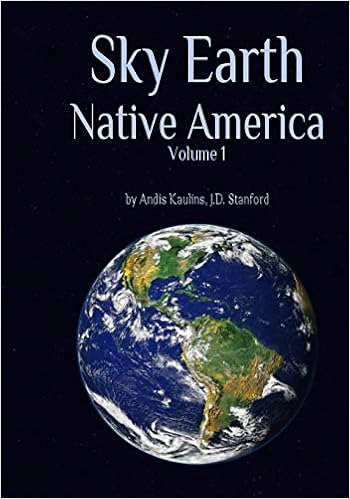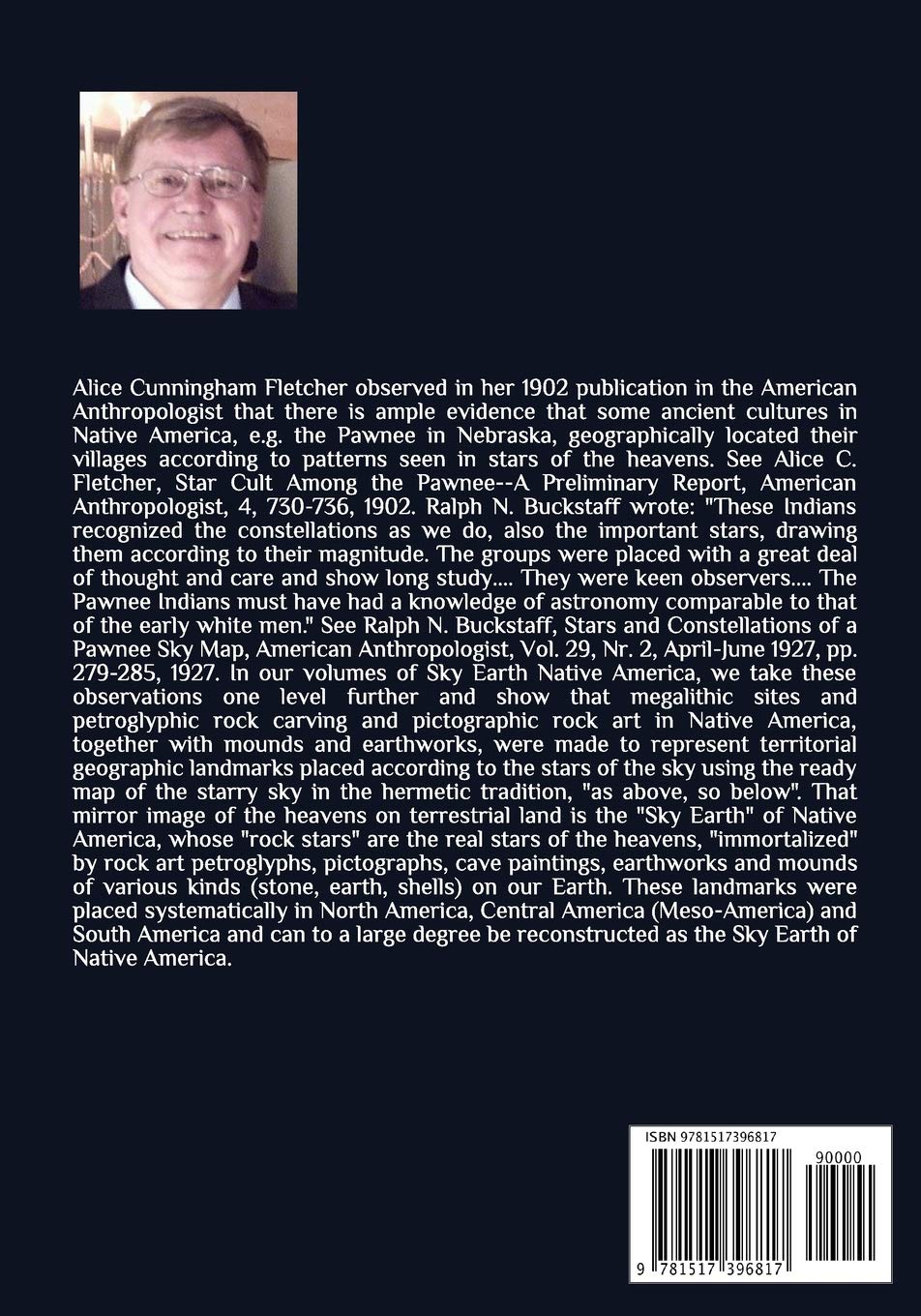The United States Supreme Court on March 21, 2017 held oral arguments on the first sale patent exhaustion case Impression Products, Inc. v. Lexmark International, Inc., which we previously discussed at First Sale and the Patent Exhaustion Doctrine in the Resale and Use of Printer Ink Cartridges.
The issue presented is formulated by the Supreme Court:
"15-1189 IMPRESSION PRODUCTS, INC. V. LEXMARK INTERNATIONAL, INC.
DECISION BELOW: 816 F.3d 721
LOWER COURT CASE NUMBER: 2014-1617, 2014-1619
QUESTION PRESENTED:
The "patent exhaustion doctrine"-also known as the "first sale doctrine"-holds that "the initial authorized sale of a patented item terminates all patent rights to that item." Quanta Computer, Inc. v. LG Electronics, Inc., 553 U.S. 617, 625 (2008). This case presents two questions of great practical significance regarding the scope of this doctrine on which the en banc Federal Circuit divided below:
1. Whether a "conditional sale" that transfers title to the patented item while specifying post-sale restrictions on the article's use or resale avoids application of the patent exhaustion doctrine and therefore permits the enforcement of such post-sale restrictions through the patent law's infringement remedy.
2. Whether, in light of this Court's holding in Kirtsaeng v. John Wiley & Sons, Inc., 133 S. Ct. 1351, 1363 (2013), that the common law doctrine barring restraints on alienation that is the basis of exhaustion doctrine "makes no geographical distinctions," a sale of a patented article-authorized by the U.S. patentee-that takes place outside of the United States exhausts the U.S. patent rights in that article.
CERT. GRANTED 12/2/2016"
The main question in this case is reflected by the precedent-based reluctance of the U.S. Supreme Court to support the alienation of chattels in commerce, here the first sale patent exhaustion doctrine, a legal issue that goes back hundreds of years to common law and Lord Coke (who has retained his name over the centuries in spite of modern oft overreaching intellectual property protection of generic and name terms):
We think that Justice Breyer's comments during oral argument in the above-cited case represent what the Supreme Court will likely decide on the main issue, based on the logic of Breyer's arguments [here excerpted by LawPundit]:
"JUSTICE BREYER: What about Justice Kennedy's question? I mean, Lord Coke had that very question in mind, I think, that -- that one of the problems with restraints in alienation of chattel is that the buyer may not know, and -- and moreover, it stops competition among buyers. Those are the basic two things that have led that as a kind of underlying principle.
...
Then why don't you require the person who sells it to just resell it with the requirement that they promise not to, you know, whatever it is?
...
[O]ne of the reasons that it's hard to get away with that is the antitrust laws in the contract area. And another reason is because Lord Coke said 300 years ago, you know, it's -- you get into a lot of trouble when you start trying to restrict this buyer who's got the widget and he would like to use it as he wishes. Now, that's been the kind of basic legal principle for an awfully long time.
...
There ... are all kinds of exceptions.
But to go back to your basic point underlying this, of course, any monopolist, including a patent monopolist, would love to be able to go to each buyer separately and extract from each buyer and user the maximum amount he would pay for that particular item.
Dentists would pay more for gold perhaps than someone who wants to use gold for some other thing. Okay? They'd like that.
But by and large, that's forbidden under many laws, even though it does mean slightly restricted output, and it also means a lower profit for the monopolist.
All right. Now, it's against that background that I think the law and economics professors, who are telling what is correct, that -- and the argument that you're making has to be evaluated. That's what I think on the first part.
All this precedent is very hard for you to get around. And I'm not talking about just Lord Coke; I'm talking about the Supreme Court precedent."
"Where there is no vision, the people perish: but he that keepeth the law, happy is he."
-- Proverbs 29:18, King James Bible (KJV)
-- Proverbs 29:18, King James Bible (KJV)
°°°°°°°°°°°°°°°°°°°°°°°°°°°°°°°°°°°°°°°°°°
Native American Rock Art Petroglyphs Pictographs
Deciphered as Land Survey & Astronomy by Andis Kaulins
paperbacks in color print
Volume 1, 2nd Edition, 266 pages
ISBN: 1517396816 / 9781517396817
Volume 2, 2nd Edition, 262 pages
ISBN: 1517396832 / 9781517396831
Sky Earth Native America Volume 1-----------Sky Earth Native America Volume 2
by Andis Kaulins J.D. Stanford by Andis Kaulins J.D. Stanford
(front cover(s))
 ------
------
(back cover with a photograph of the author and book absract text)
